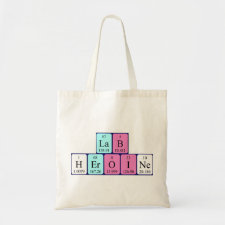
Authors: Terry TJ, Stack TDP
Article Title: Covalent Heterogenization of a Discrete Mn(II) Bis-Phen Complex by a Metal-Template/Metal-Exchange Method: An Epoxidation Catalyst with Enhanced Reactivity.
Publication date: 2008
Journal: Journal of the American Chemical Society
Volume: 130
Issue: (14)
Page numbers: 4945-4953.
DOI: 10.1021/ja0742030
Abstract: Abstract: Considerable attention has been devoted to the immobilization of discrete epoxidation catalysts onto solid supports due to the possible benefits of site isolation such as increased catalyst stability, catalyst recycling, and product separation. A synthetic metal-template/metal-exchange method to imprint a covalently attached bis-1,10-phenanthroline coordination environment onto high-surface area, mesoporous SBA-15 silica is reported herein along with the epoxidation reactivity once reloaded with manganese. Comparisons of this imprinted material with material synthesized by random grafting of the ligand show that the template method creates more reproducible, solution-like bis-1,10-phenanthroline coordination at a variety of ligand loadings. Olefin epoxidation with peracetic acid shows the imprinted manganese catalysts have improved product selectivity for epoxides, greater substrate scope, more efficient use of oxidant, and higher reactivity than their homogeneous or grafted analogues independent of ligand loading. The randomly grafted manganese catalysts, however, show reactivity that varies with ligand loading while the homogeneous analogue degrades trisubstituted olefins and produces trans-epoxide products from cis-olefins. Efficient recycling behavior of the templated catalysts is also possible



Join the Society for Molecular Imprinting

New items RSS feed
Sign-up for e-mail updates:
Choose between receiving an occasional newsletter or more frequent e-mail alerts.
Click here to go to the sign-up page.
Is your name elemental or peptidic? Enter your name and find out by clicking either of the buttons below!
Other products you may like:
 MIPdatabase
MIPdatabase









